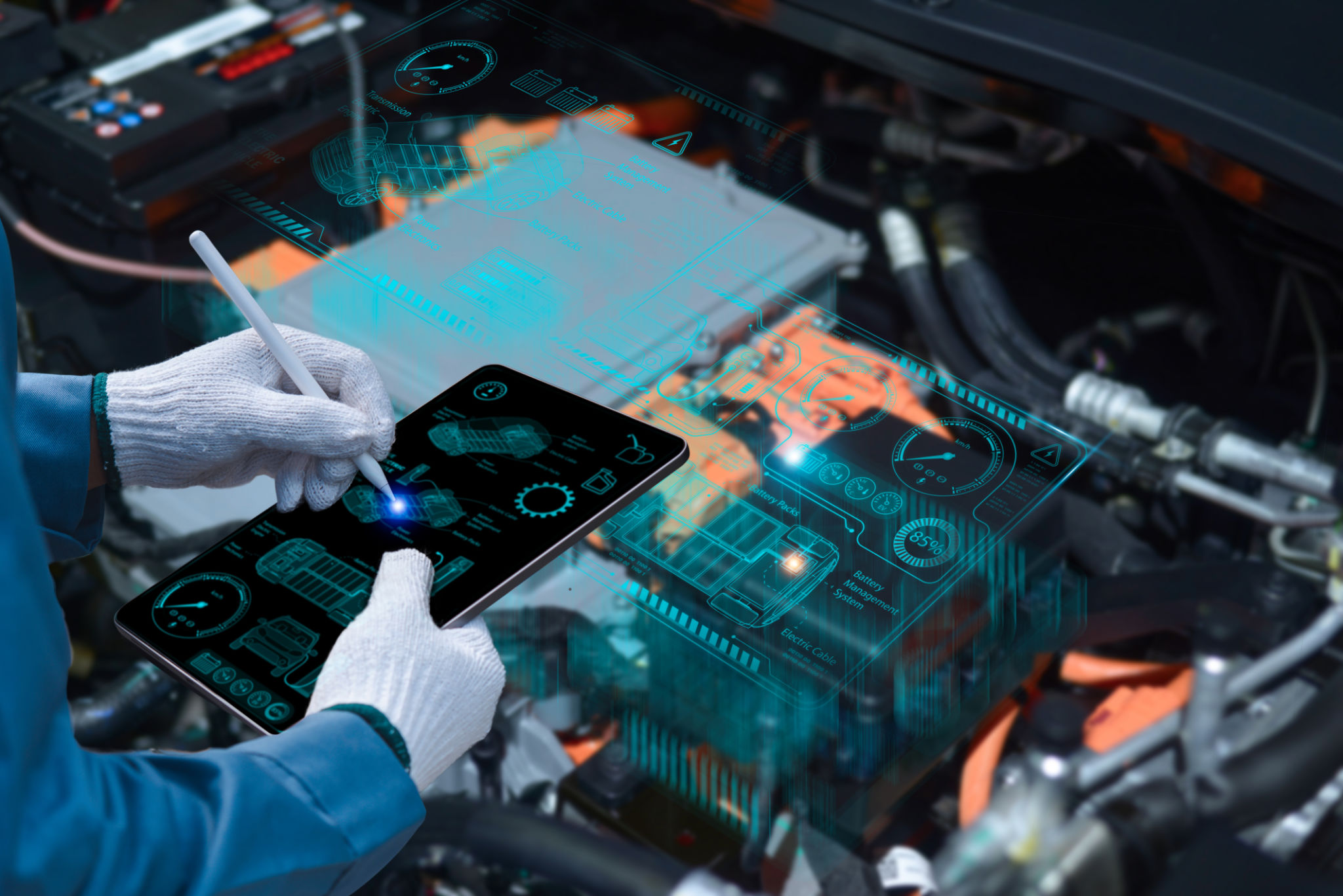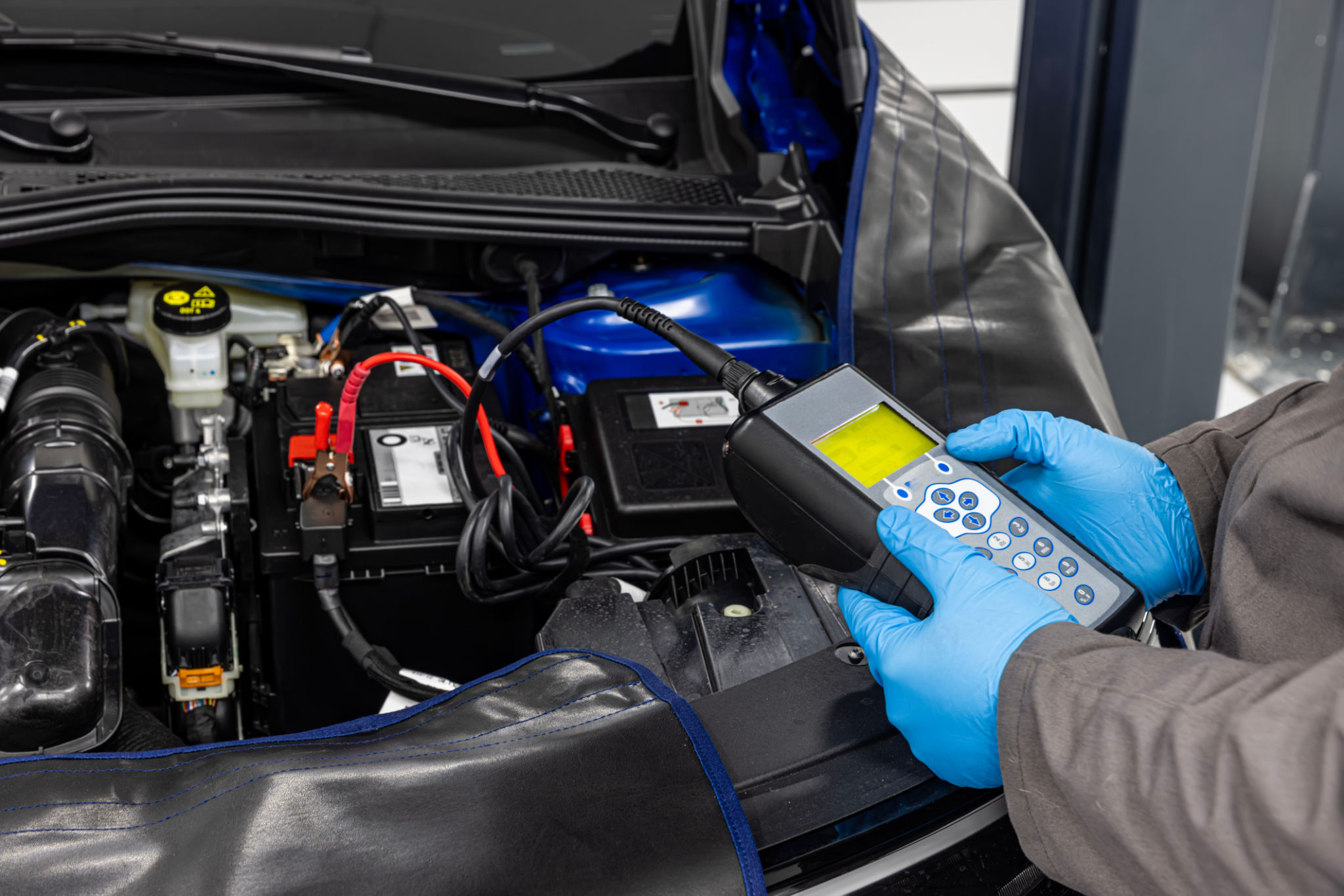Understanding the Latest Trends in Auto Electrical Technology
The Evolution of Auto Electrical Systems
In recent years, the automotive industry has witnessed a significant transformation, primarily driven by advancements in auto electrical technology. These developments are not only enhancing vehicle performance but are also reshaping the driving experience. From integrating smart systems to adopting sustainable energy solutions, auto electrical technology is at the forefront of automotive innovation.

Integration of Smart Systems
One of the most notable trends in auto electrical technology is the integration of smart systems. Vehicles are becoming increasingly connected, offering features such as advanced driver-assistance systems (ADAS), which enhance safety and convenience. These systems rely on a network of sensors and cameras, providing real-time data to help drivers navigate roads more safely.
Moreover, infotainment systems have evolved to offer seamless connectivity with smartphones and other devices. This integration allows drivers to access navigation, music, and hands-free communication through voice commands or touchscreens, making every journey more enjoyable and efficient.
The Rise of Electric Vehicles
The push towards sustainability has led to a surge in electric vehicle (EV) adoption. EVs rely heavily on advanced electrical systems for propulsion, making them a key area of focus for innovation. Batteries have become more efficient, providing longer ranges and faster charging times. This evolution is crucial for reducing the carbon footprint of transportation.

Furthermore, regenerative braking technology is another advancement in EVs, enabling vehicles to recover energy during braking and convert it back into electricity. This not only enhances efficiency but also extends the lifespan of the vehicle's battery.
Enhanced Battery Technologies
Batteries are at the heart of modern auto electrical systems. Recent advancements in battery technology have made them lighter, more durable, and capable of holding a charge longer than ever before. Innovations such as solid-state batteries promise even greater improvements by offering higher energy densities and faster charging capabilities.
These advancements are not limited to electric vehicles alone. Hybrid vehicles also benefit from improved battery technologies, offering a blend of electric and conventional propulsion systems for enhanced fuel efficiency.

Advanced Lighting Systems
Lighting technology in vehicles has come a long way from traditional halogen bulbs. Modern vehicles are now equipped with LED and laser headlights that provide superior illumination and energy efficiency. These lighting systems not only enhance visibility but also contribute to the aesthetic appeal of vehicles.
Adaptive lighting systems are another innovation that adjusts the intensity and direction of headlights based on driving conditions and speed. This feature significantly improves nighttime driving safety by providing optimal lighting without blinding oncoming traffic.
The Future of Auto Electrical Technology
As auto electrical technology continues to evolve, we can expect even more exciting developments on the horizon. With advancements in artificial intelligence and machine learning, vehicles will become smarter, more autonomous, and capable of making real-time decisions to ensure safety and comfort.
In conclusion, understanding the latest trends in auto electrical technology is essential for anyone interested in the future of transportation. These innovations are not only transforming how vehicles operate but also how we interact with them, paving the way for a more connected and sustainable automotive ecosystem.